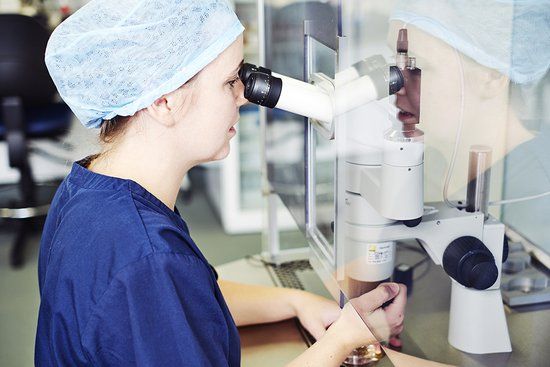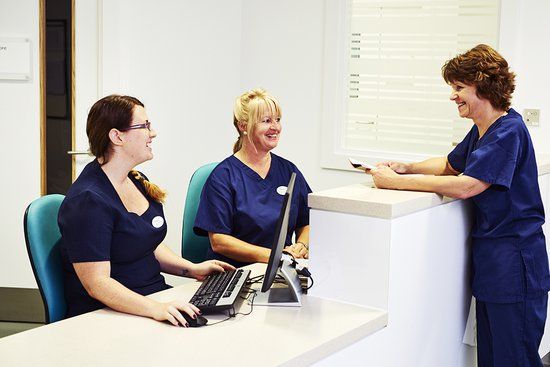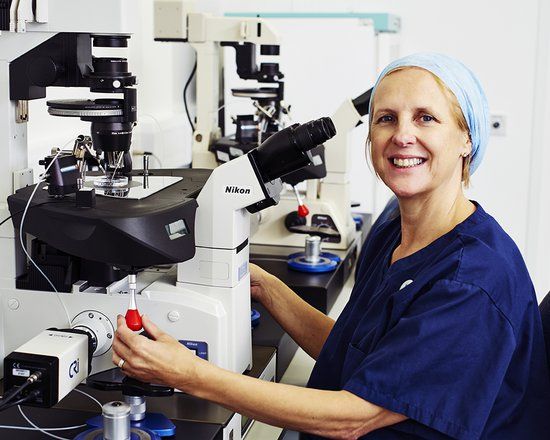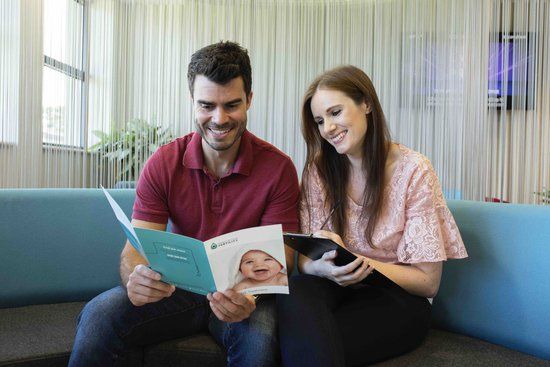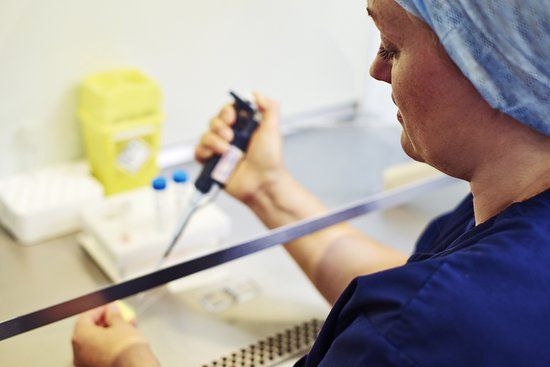The first baby has been born using a new method of IVF which uses a naturally-occurring hormone to stimulate the ovaries.
Researchers at Hammersmith Hospital and Imperial College London used ‘kisspeptin’ to stimulate the ovaries in 30 women in a small-scale trial, resulting so far in the birth of a healthy baby boy.
The researchers claim that the use of kisspeptin avoids the risk of Ovarian Hyperstimulation Syndrome (OHSS) – a rare complication of IVF where the ovaries over-respond to the fertility drugs used and produce multiple mature eggs.
It’s thought that around one in every 100 women develop OHSS during their IVF cycle. Symptoms of OHSS start out mild, but worsen over time. It can be a very serious, life-threatening condition if it’s not treated.
It’s great news that this research could help eliminate the risk of OHSS for those who need IVF to have a baby, but more widespread clinical trials are needed. The researchers believe it could be a number of years before kisspeptin is routinely used for IVF treatment, but the early results are promising.
In the meantime, at Manchester Fertility, you can be reassured that during your IVF cycle you are carefully monitored to minimise the risk of OHSS. It’s important to remember that anytime that your ovaries need to be stimulated as part of your treatment, there is a risk of OHSS.
Early signs that you may be developing OHSS include abdominal bloating - a small degree of bloating is a common side-effect of ovarian stimulation however and isn’t serious unless it worsens - nausea or vomiting, breathlessness and dizziness.
The best way to avoid OHSS is to prevent it. We’re able to identify the vast majority of patients at risk of OHSS prior to treatment, and by using the most appropriate treatment protocol with the correct dosage of hormones can reduce the risk of OHSS significantly.
Often we can identify if you’re at high-risk of OHSS from how you respond to the initial fertility drugs you are given. All Manchester Fertility patients undergoing stimulation are carefully monitored and through regular blood tests and ultrasound scans, we can see exactly how your ovaries are reacting to the drugs you’re taking and if you may be at risk of OHSS.
This monitoring is one of the ways that we prevent OHSS from happening by either stopping treatment or adopting a different protocol in those whom we identify as high-risk. Using a protocol designed for egg donation can reduce the risk of OHSS to almost zero.
As OHSS occurs once you’ve ovulated – so once you’ve had the final shot of hormones to release your mature eggs – we ensure you’re aware of the symptoms so you can report any of them to us straight away so we can manage it if needed.
Remember that OHSS is a manageable condition if it’s caught early. If you’re worried about OHSS, please don’t hesitate to contact us on 0161 300 2737 or email [email protected]
Last updated: 20th January 2020


